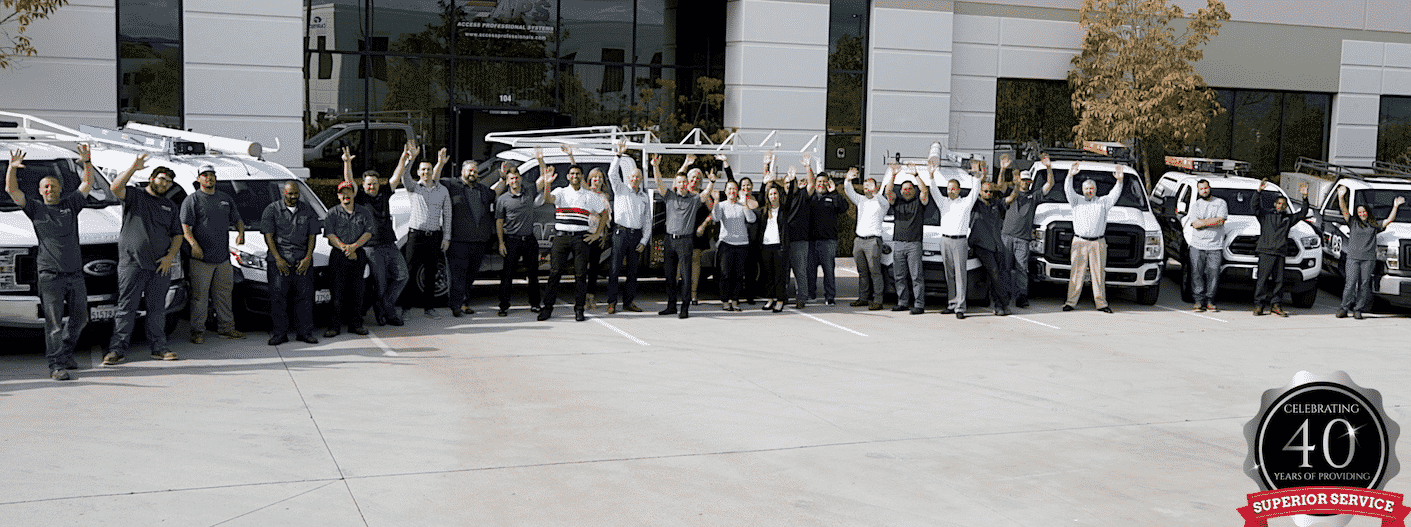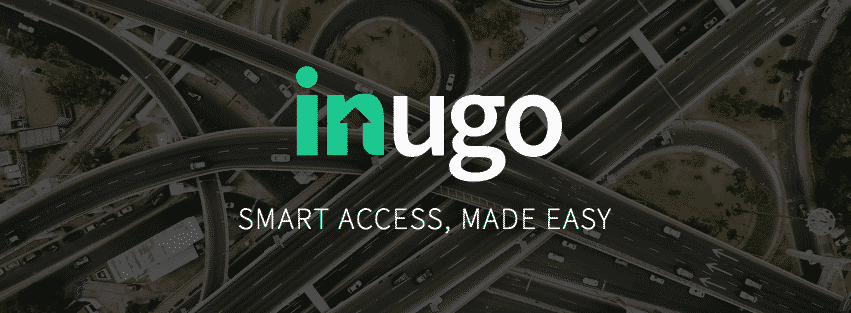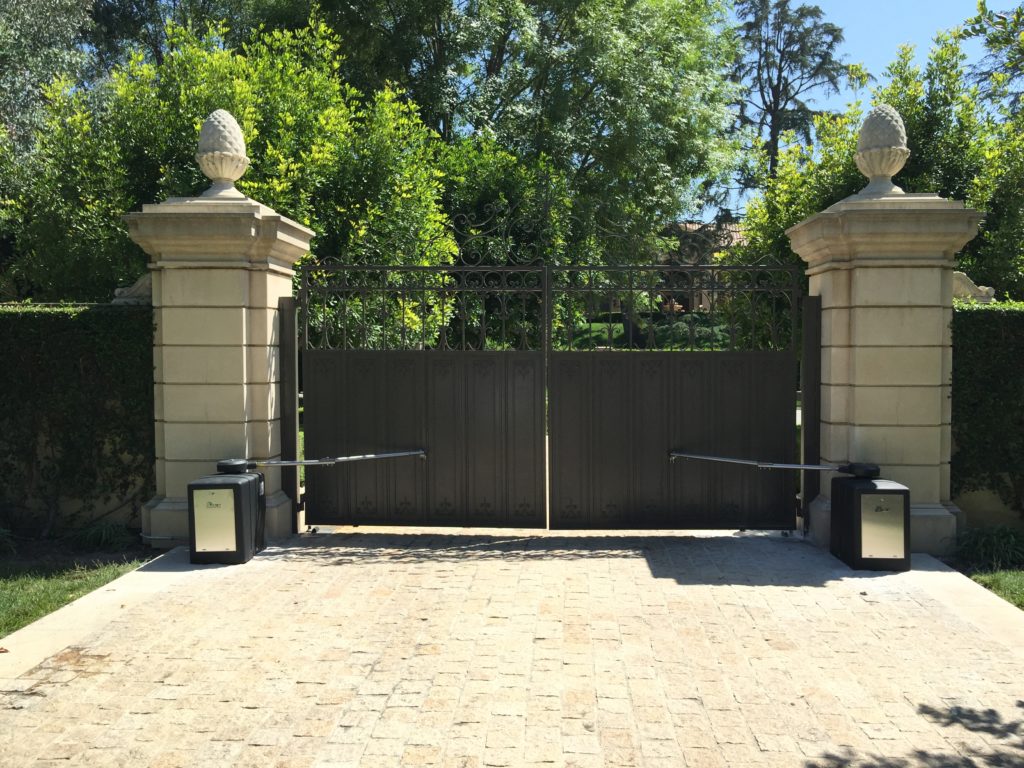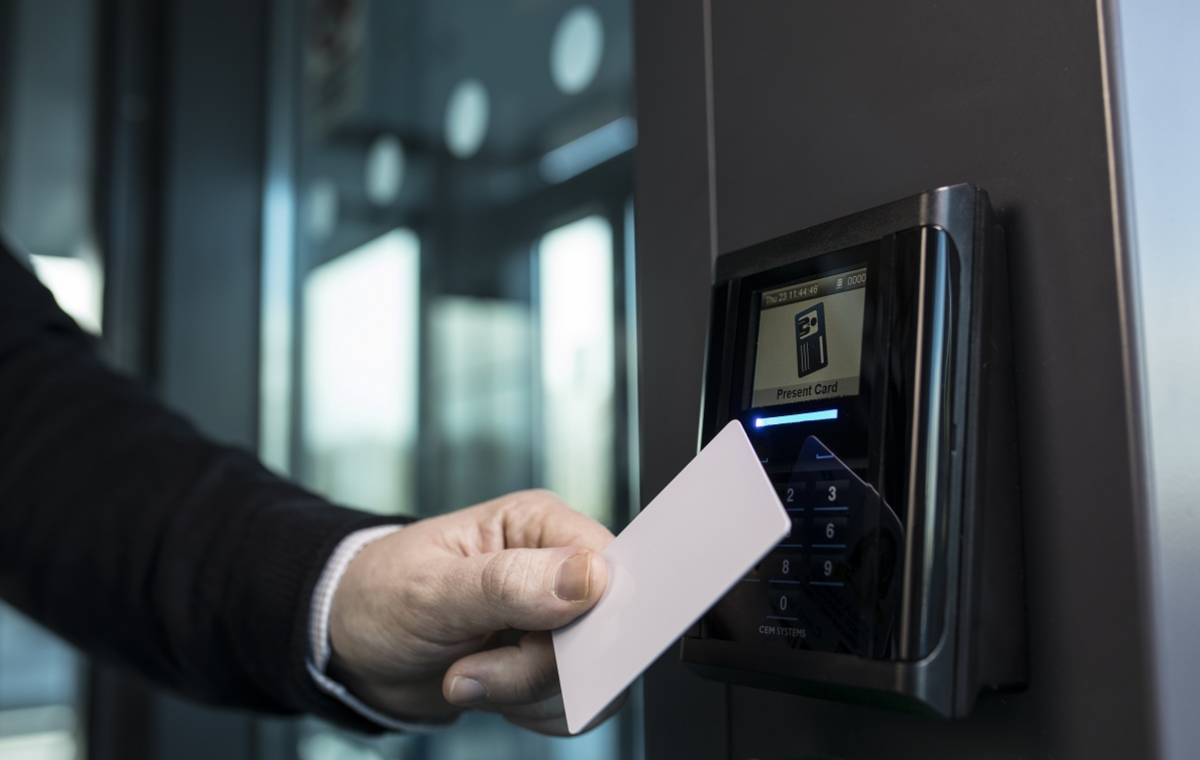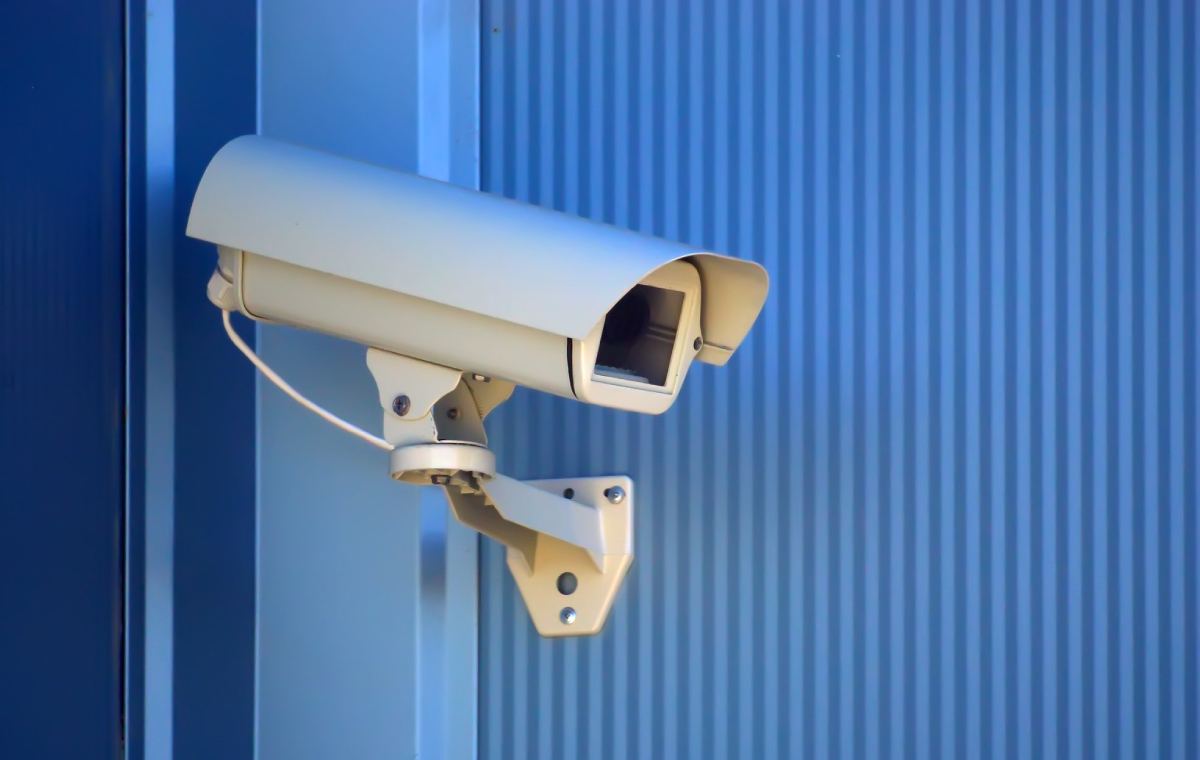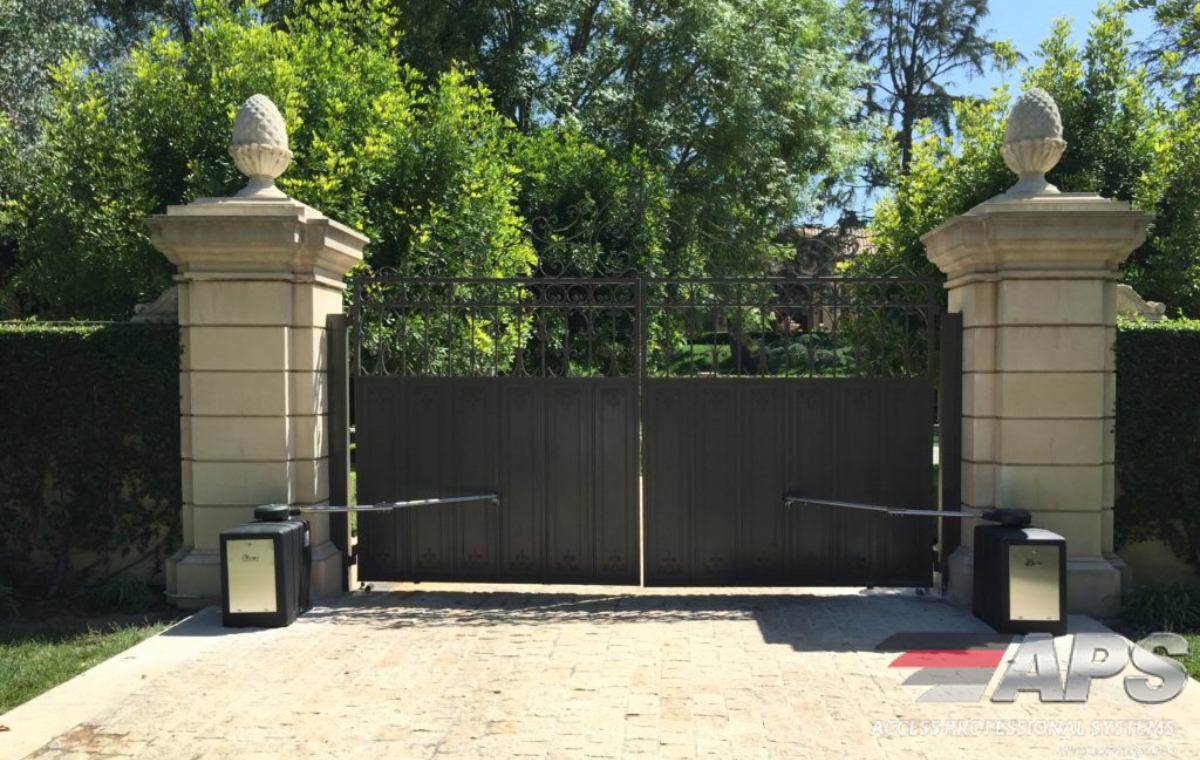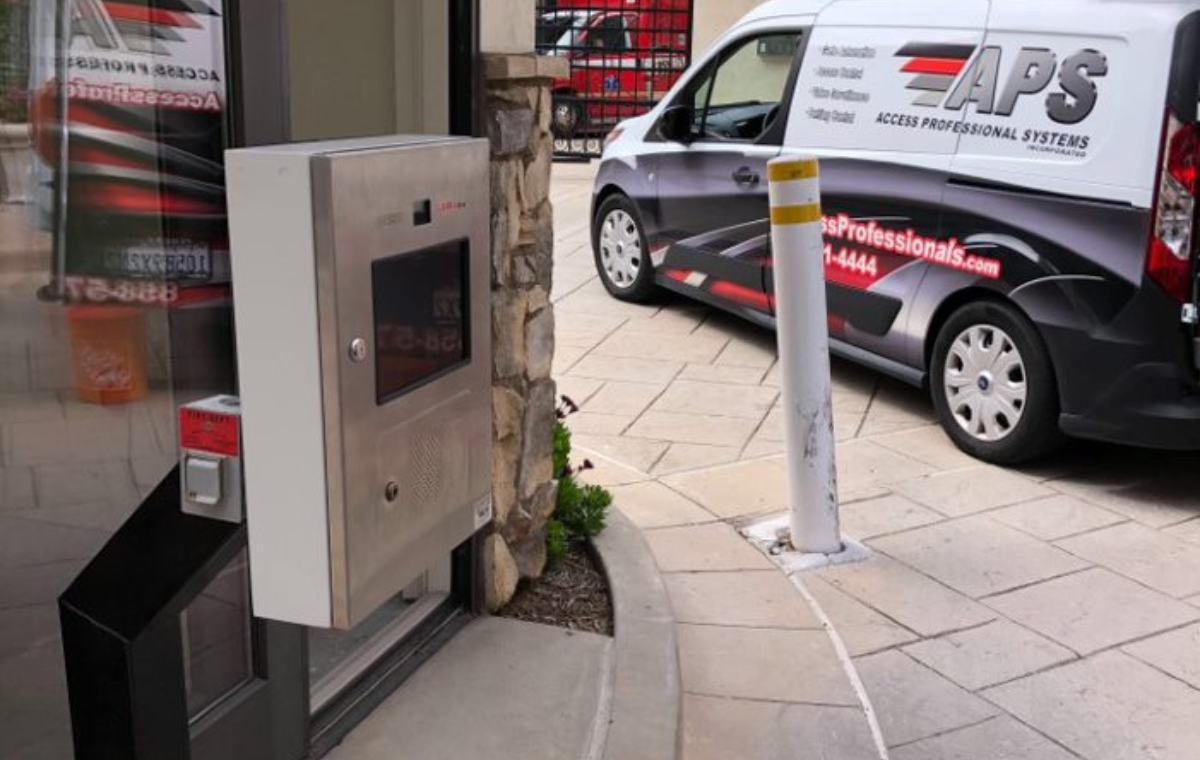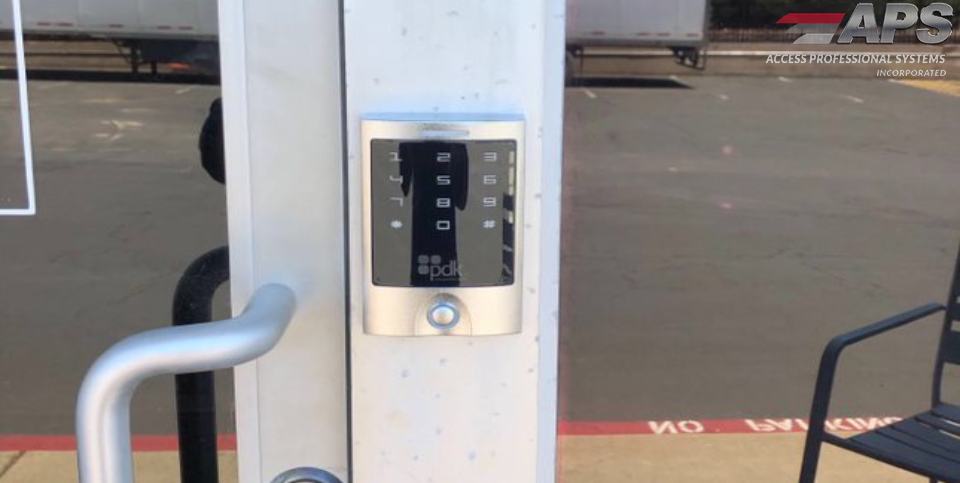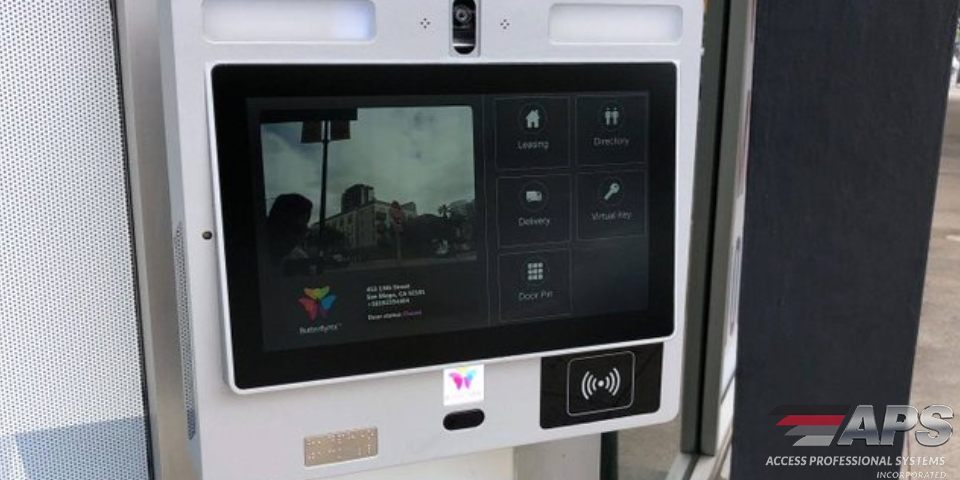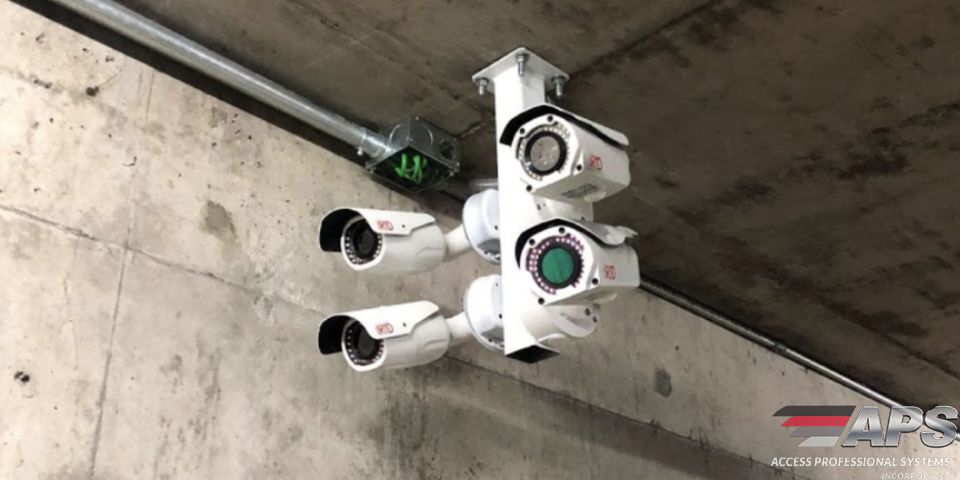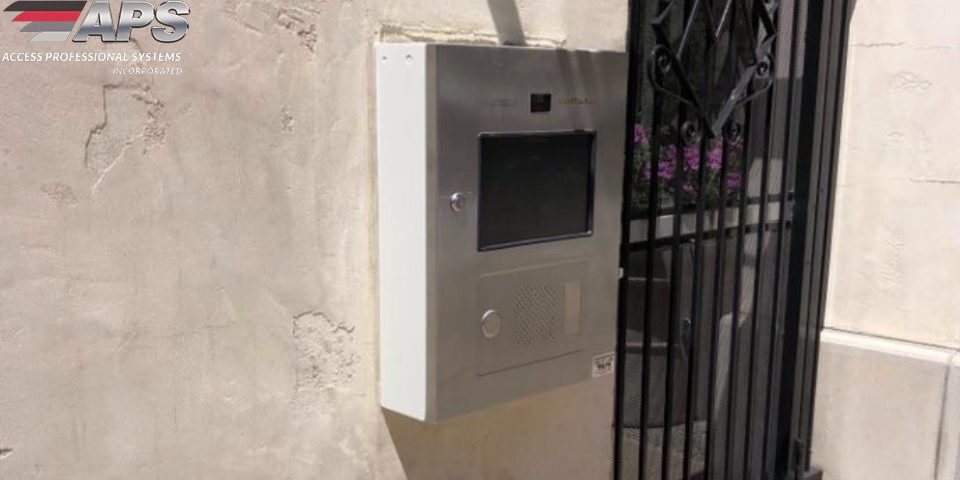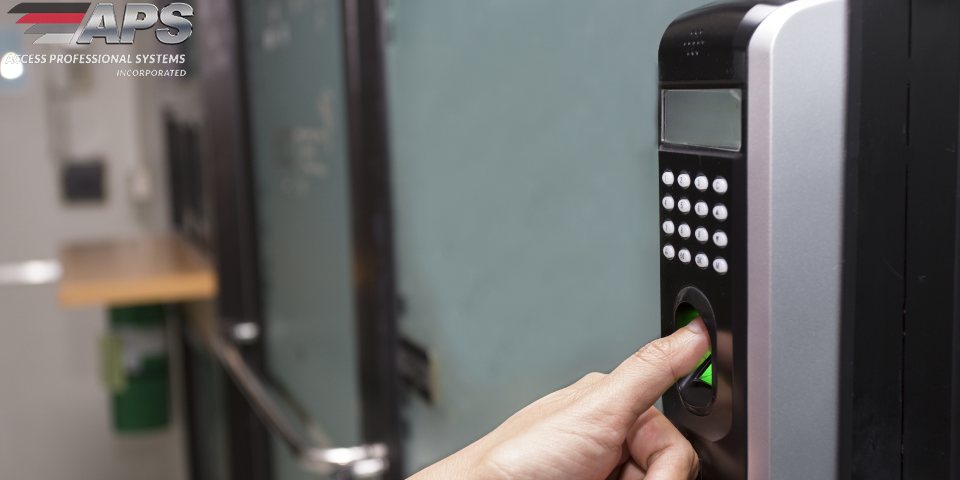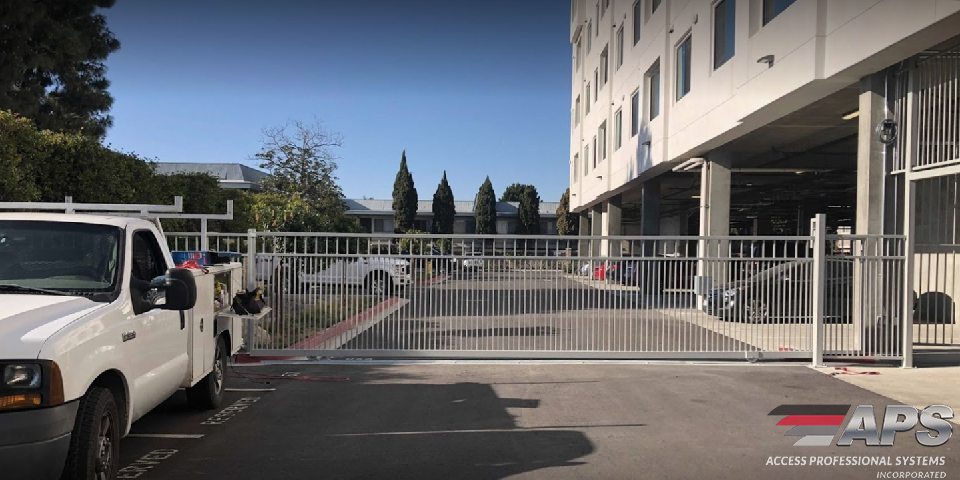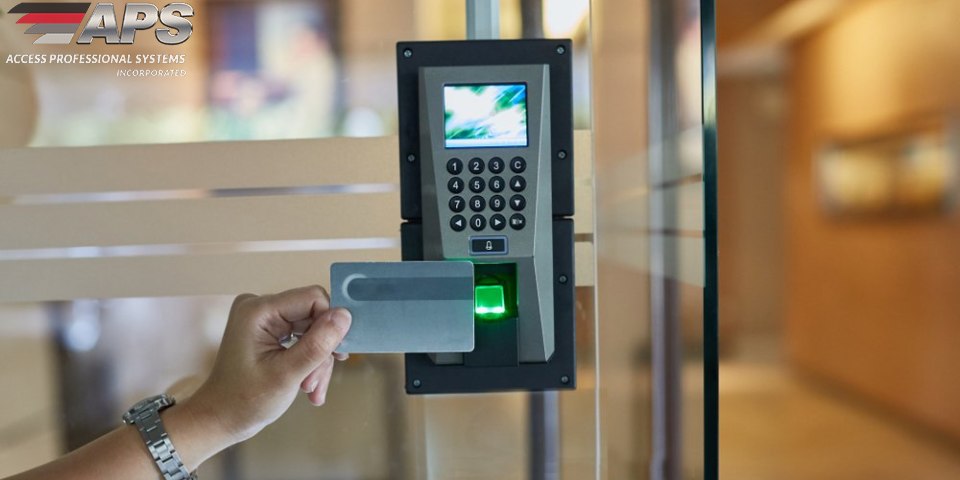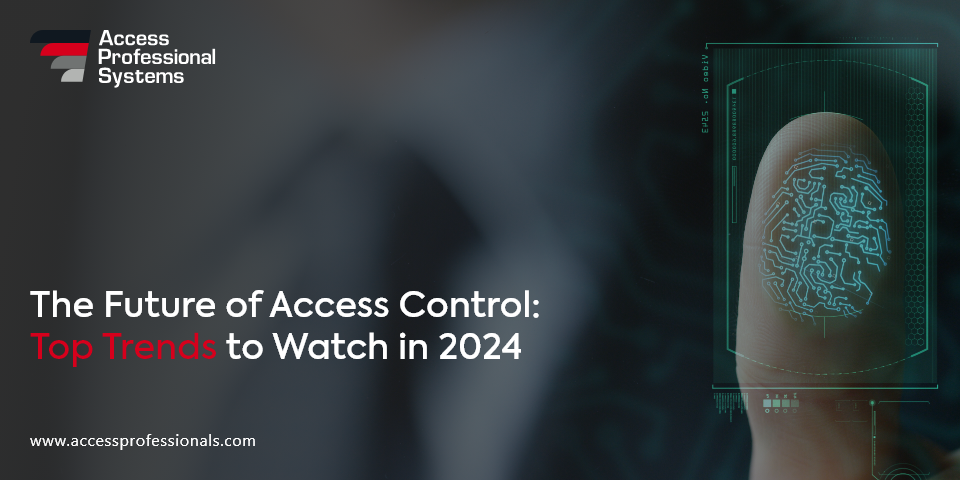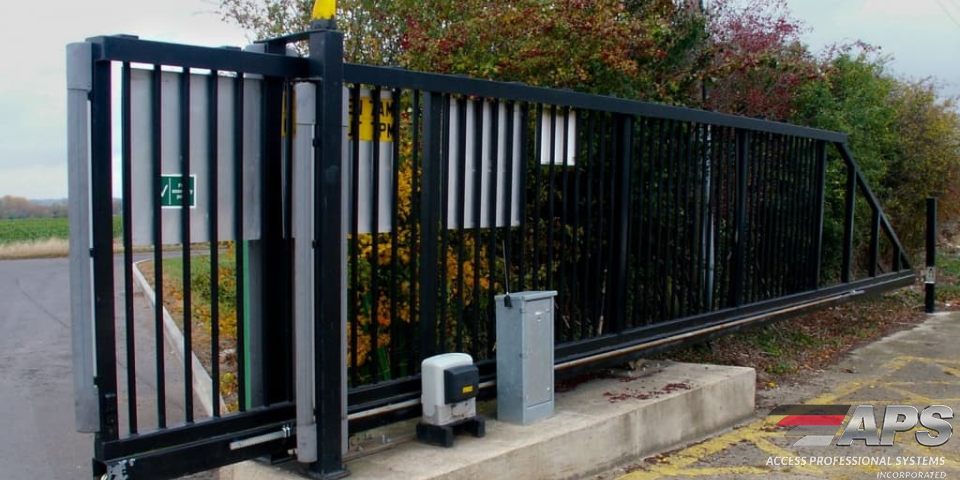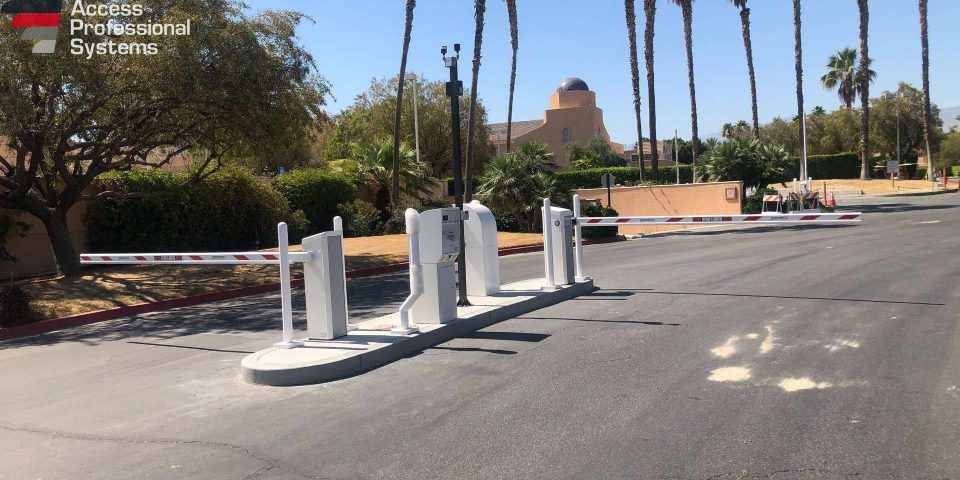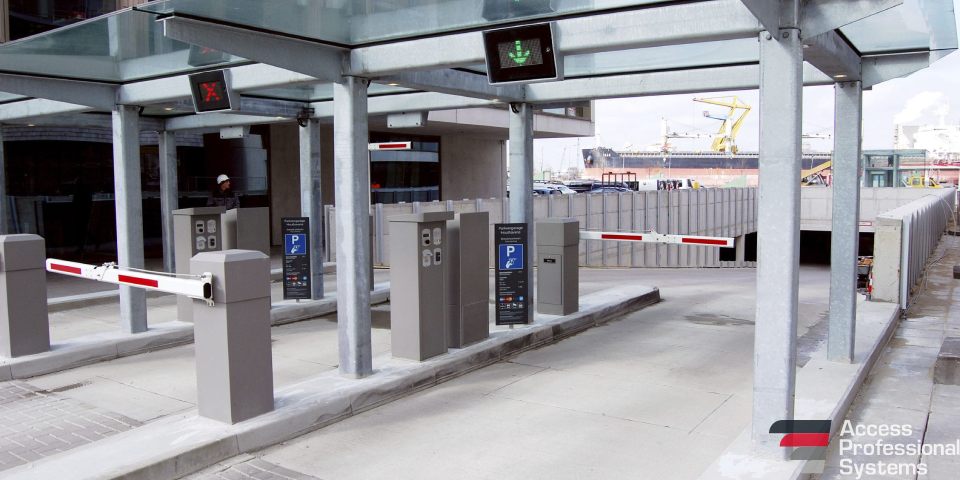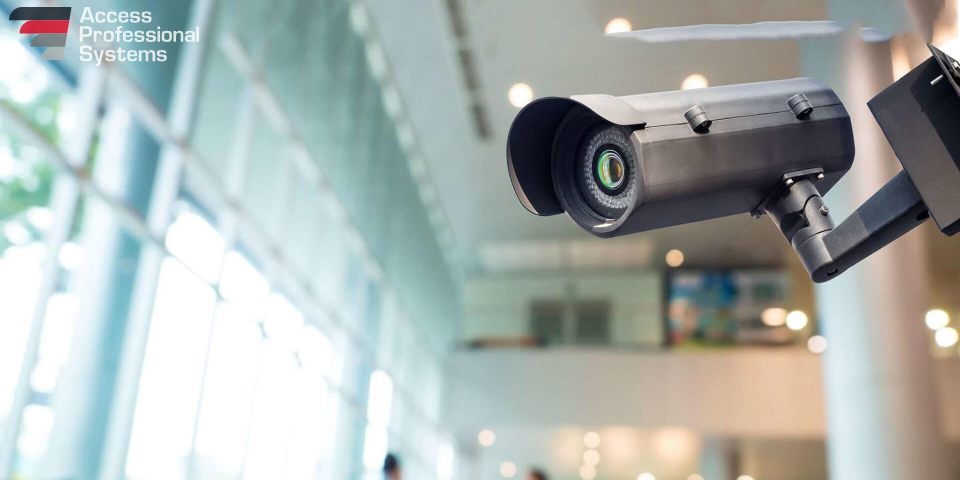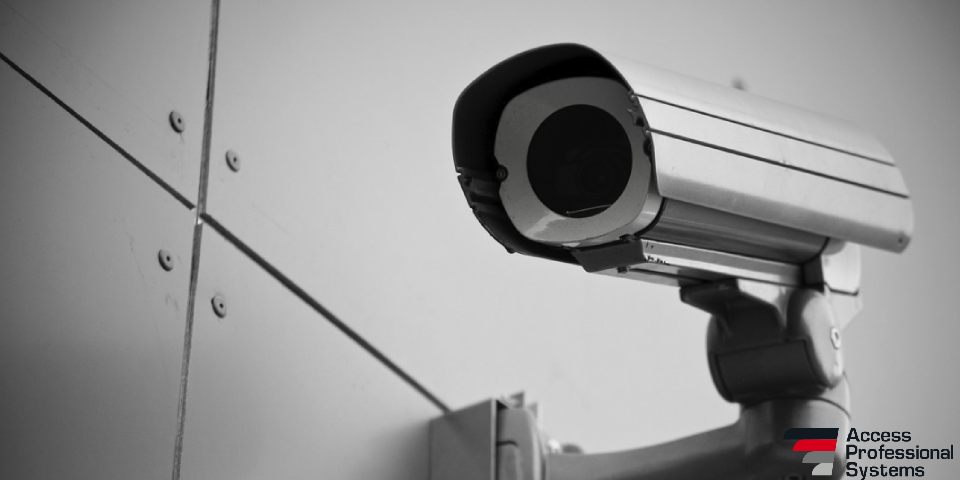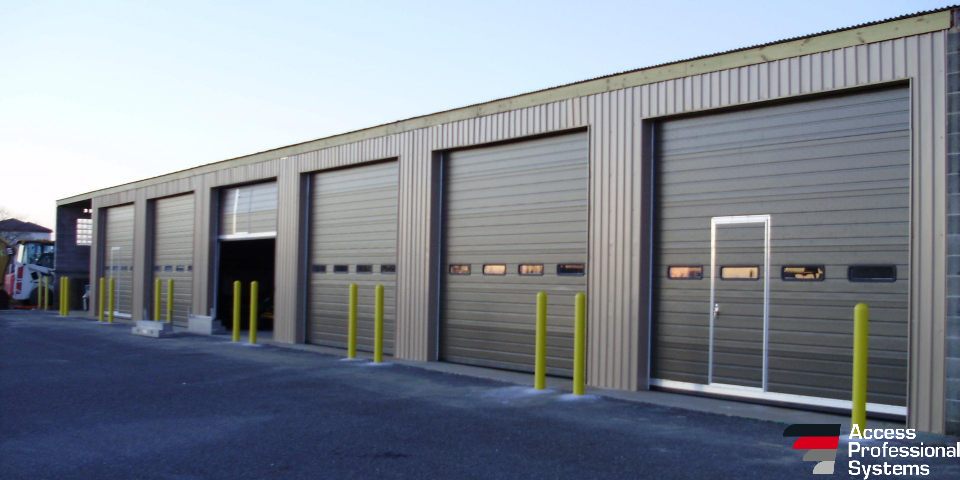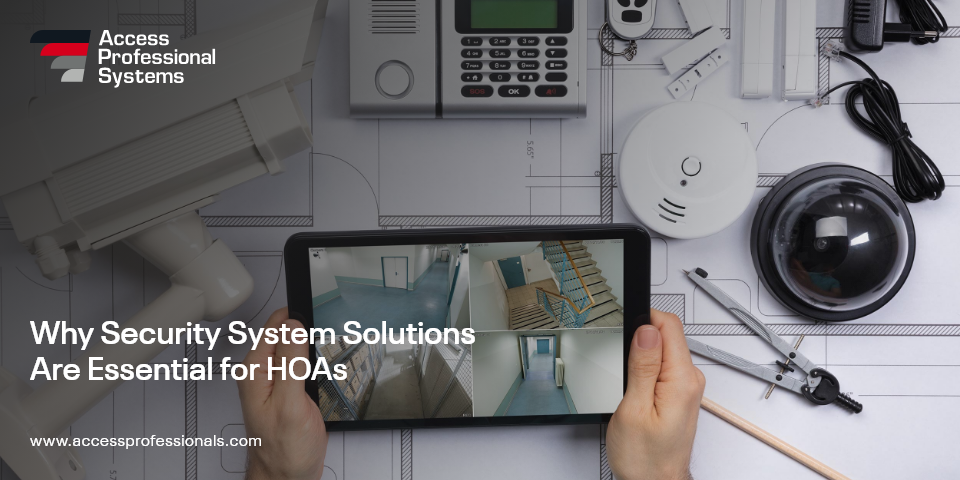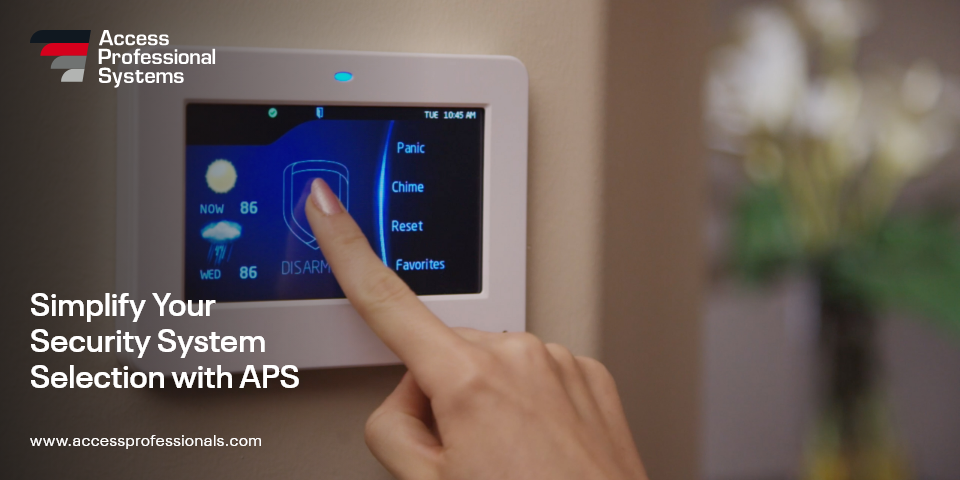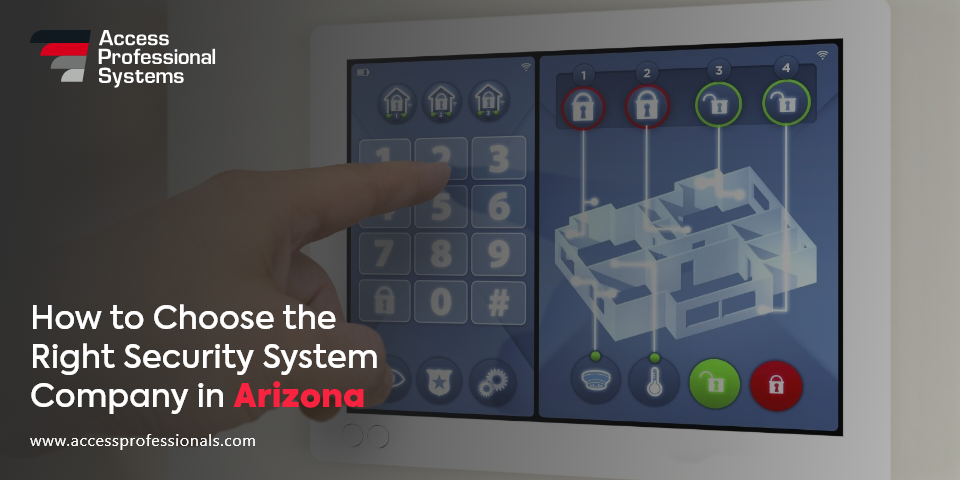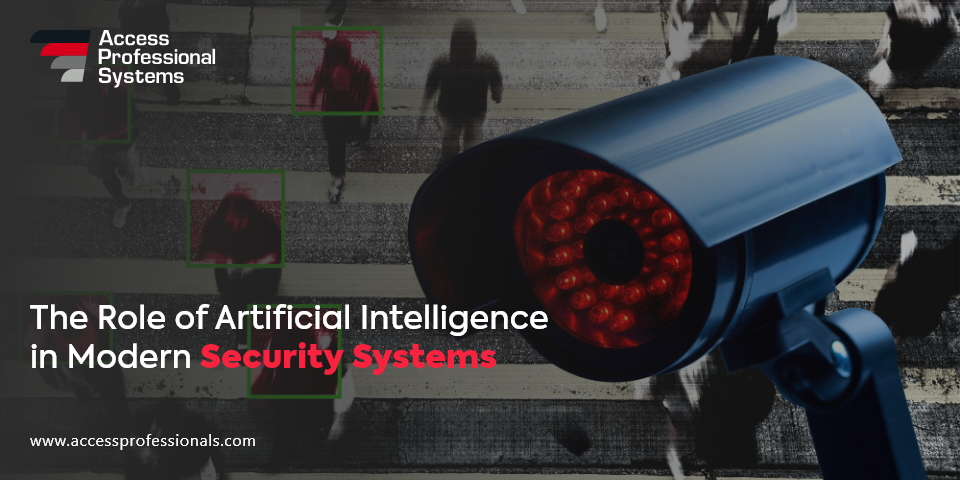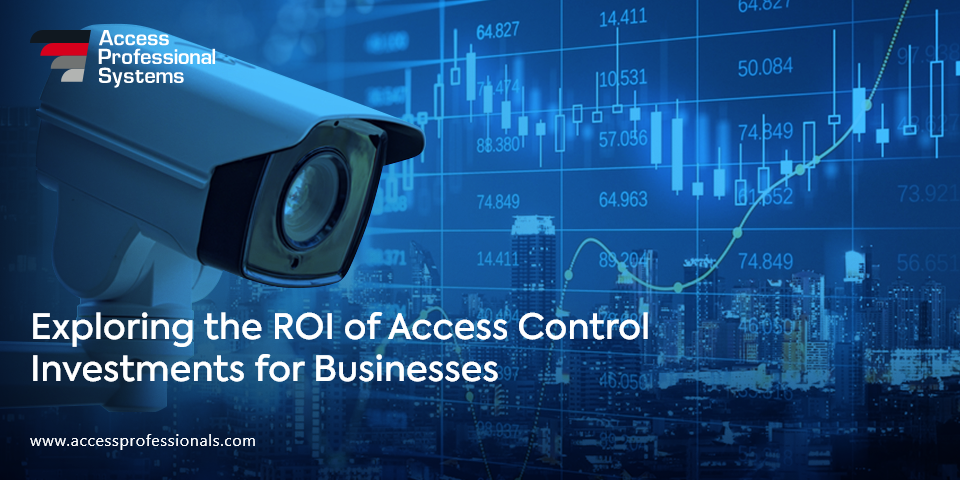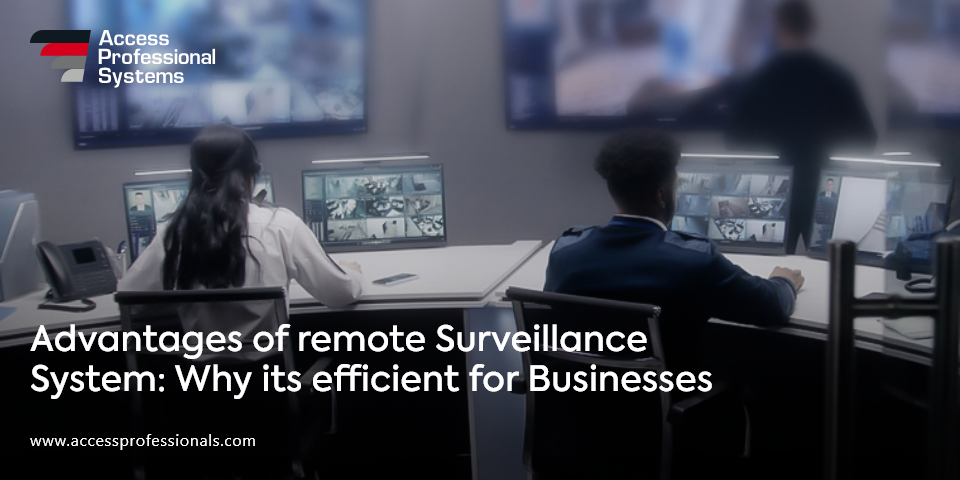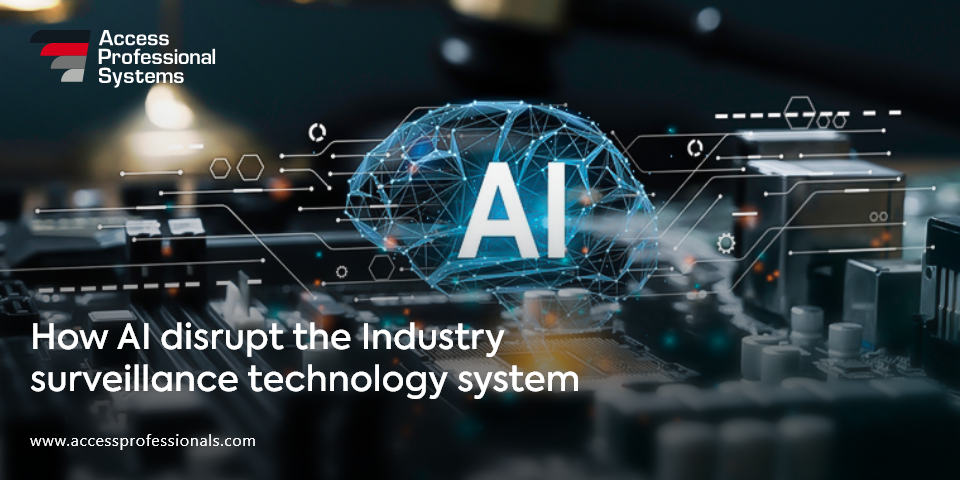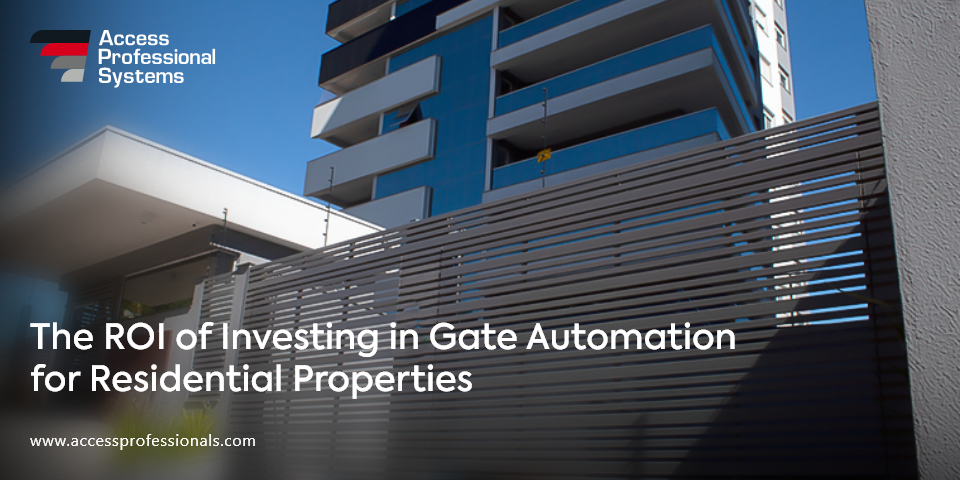
How AI Transforms Building Security Systems
The advent of Artificial Intelligence (AI) has ushered in a new era for building security systems, marking a pivotal shift towards more intelligent and responsive security solutions. In today’s rapidly evolving digital landscape, AI’s integration into these systems is not just enhancing capabilities but revolutionizing the very fabric of security management. This transformation is driven by AI’s unparalleled ability to learn from data, adapt to new threats, and automate complex processes, ensuring both increased safety and operational efficiency in building environments.
Why is this shift happening? As urban populations grow and technologies advance, the demands on security systems to be more adaptive, intelligent, and efficient have intensified. AI meets these demands head-on, offering solutions that traditional systems simply cannot match. This blog delves into the transformative impact of AI on building security systems, highlighting its role in refining everything from access control systems to biometric authentication, thus ensuring a seamless integration of security into the modern digital age.
The Revolution of AI in Building Security
Artificial Intelligence in security has not only enhanced traditional security measures but has also introduced new capabilities that were once thought to be in the realm of science fiction. Building security systems equipped with AI technologies can now predict potential security breaches, automate responses to security threats, and provide a level of surveillance that human operators cannot match.
Enhanced Surveillance and Monitoring
AI transforms the way surveillance is conducted in buildings. By integrating AI with security cameras and surveillance systems, building security systems can now identify unusual behaviors and potential threats with greater accuracy. This proactive approach in security management allows for immediate actions to be taken even before security breaches occur.
Advanced Access Control Systems
Access control systems have been significantly upgraded with the incorporation of AI. These systems now use sophisticated algorithms to manage entry points and regulate who can or cannot enter a building. AI-powered access control systems can analyze entry patterns to detect any irregular activities and prevent unauthorized access more effectively than ever before.
Biometric Authentication Advances
Biometric authentication in building security systems has become more reliable and secure with the integration of AI. AI enhances biometric systems such as facial recognition and fingerprint scanners, improving their accuracy and speed. This integration not only tightens security but also offers a seamless access experience for authorized personnel.
Optimization of Security Operations
AI in building access control systems goes beyond surveillance and access control; it optimizes the overall security operations. By analyzing vast amounts of data from various sources within the security network, AI can recommend improvements, predict maintenance needs, and ensure that all components of the security system, like gate automation systems and commercial doors installation, function optimally.
The Impact of AI on ROI of Business Control Systems
Investing in AI-enhanced building security systems brings substantial returns on investment (ROI). The advanced capabilities of AI reduce the need for manual monitoring, decrease the likelihood of security breaches, and lower overall security management costs. Moreover, the automation of routine tasks frees up human resources to focus on more strategic security initiatives.
Cost Efficiency
AI-driven systems reduce operational costs by automating various security functions, from access control to incident response. The efficiency of AI in detecting and resolving issues reduces the financial impact associated with security breaches and system downtime.
Enhanced Security Posture
With AI, building security systems are not just reactive but also predictive. They can anticipate potential security issues and mitigate risks before they escalate. This proactive security management enhances the overall security posture of a business, protecting assets and individuals more effectively.
Regulatory Compliance
AI helps ensure that building security systems comply with the latest security regulations and standards. Automated reports and real-time monitoring made possible by AI assist in maintaining compliance and avoiding costly legal penalties.
Future Outlook
As AI technology continues to advance, its integration into building security systems is expected to deepen. Future developments may include more sophisticated AI algorithms that can simulate potential security scenarios or further enhancements in biometric authentication technologies.
For businesses looking to upgrade their building security systems, embracing AI is not just an option but a necessity in the modern age. Access Professional Systems is at the forefront of integrating AI into security solutions, providing state-of-the-art technology that ensures safety and efficiency.
Conclusion
The integration of Artificial Intelligence in security systems, particularly in building environments, has redefined the capabilities and effectiveness of security measures. From advanced access control systems to intelligent surveillance, AI has set a new standard in security management.
Companies like Access Professional Systems are leading the way in adopting and implementing these advanced technologies, ensuring that businesses can not only meet but exceed the current security challenges.
Embrace the future of building security with AI-enhanced systems. Contact Access Professional Systems today for a free consultation on how AI can transform your security strategy and optimize your operational efficiency, ensuring a safer and more profitable future.
We look forward to hearing from you!
Share:



